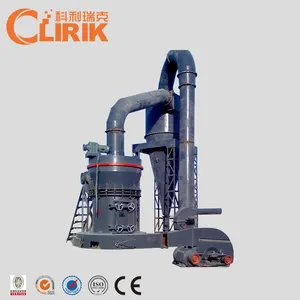
Clirik calcite feldspar fluorite mini three roll mill calcium carbonate powder grinding mill for pottery mill



















Calcium carbide stone, a critical industrial chemical, is predominantly utilized in the production of acetylene gas. As a compound of calcium and carbon, it serves a variety of industrial applications due to its reactive properties. The substance is typically found in white or gray hues, indicating its purity and form.
The versatility of calcium carbide stone is evident in its various grades, such as industrial, electron, and agriculture grade. Each grade is tailored to meet specific industry standards and applications. For instance, carbide stone for gas welding is a prevalent use, where the stone's ability to produce acetylene upon contact with water is harnessed.
Calcium carbide stone is characterized by its composition, primarily consisting of calcium carbide (CaC2). This compound is known for its quick reaction with water to generate acetylene, an essential gas for welding purposes. The material's robustness makes it a staple in sectors requiring high-temperature operations.
The advantages of using calcium carbide stone include its efficiency in generating acetylene and its relative storage stability. It is a preferred choice for remote locations, where calcium carbide stone near me searches are common among professionals seeking immediate access to welding gases.
When looking to purchase calcium carbide stone, factors such as purity levels and grade specifications are paramount. While the calcium carbide stone price is a consideration, ensuring the right match for the intended application is crucial for optimal performance. It's also important to consider the size, with options like calcium carbide stone 1kg price being a common unit for buyers.
Safety is paramount when handling gas welding carbide stone. Users must adhere to proper storage guidelines and handle the material with care to prevent unwanted reactions with moisture. It is essential to consult safety data sheets and follow industry best practices for handling.